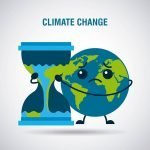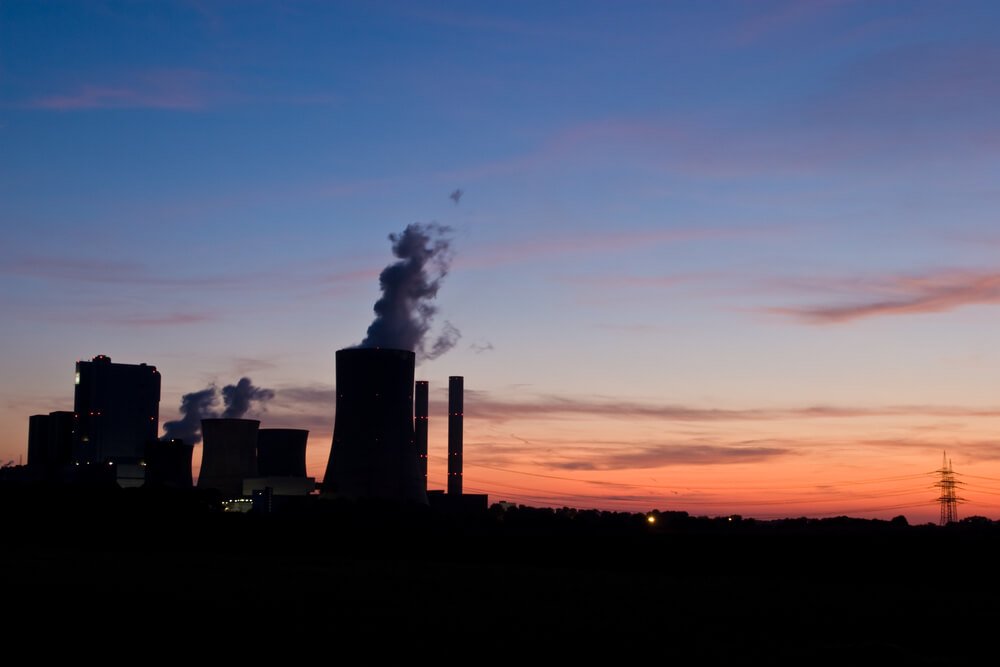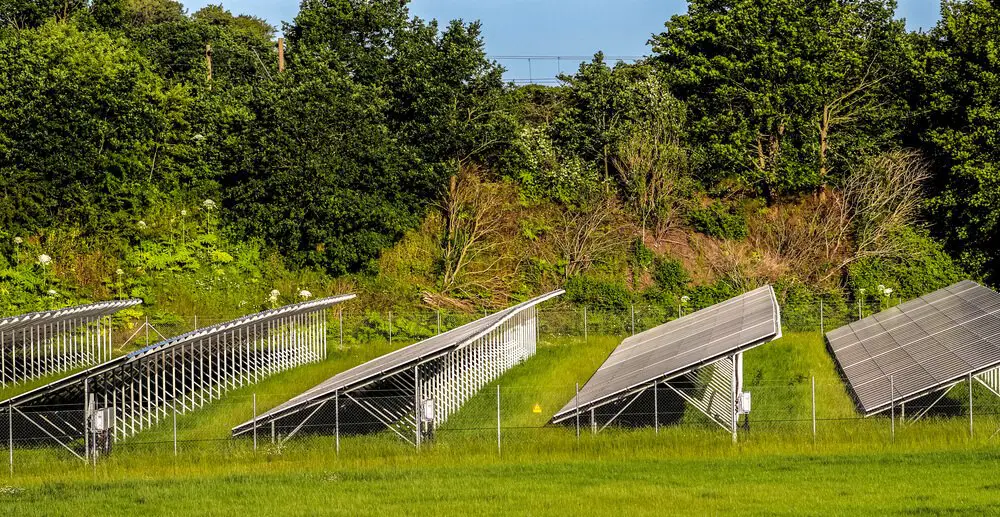A heated debate that is taking the world by storm is whether alternative energy sources can meet energy standards and finite fossil fuels can.
Can Alternative Energy Effectively Replace Fossil Fuels?
The alternative energy sources include:
- Renewable Energy Sources
- Biofuels – This renewable energy source is derived from either living or recently deceased plant material and animal waste. The most common types of biofuels used today are ethanol and biodiesel. Biofuels are renewable because you can grow biomass feedstock, again and again, to produce biofuels continuously.
- Solar – Radiation from the Sun is capable of producing heat, which causes chemical reactions. These chemical reactions are the same as generating electricity. If we harness solar energy to its most significant potential, it can satisfy all future energy needs.
- Geothermal – Geothermal energy is obtained by geothermal plants using steam. The steam comes from reservoirs of hot water found far below the Earth’s surface. The steam is used to rotate a turbine inside the power plant, which activates a generator. This produces electricity.
- Wind – To harness the plentiful energy of the wind, turbines are used. These turbines drive generators that then feed electricity into the National Grid. Wind turbines can either provide energy for use on the land it is settled on, or its energy can be exported for sale.
Other alternative energy sources are:
- Non-Renewable Energy Sources
- Nuclear – Nuclear energy is created by power generated through fission. Fission is the process of splitting uranium atoms to produce energy. The heat released by fission is used to create steam that spins a turbine to generate electricity.
On the other hand, fossil fuels include:
- Oil – Crude oil is primarily made out of carbon and hydrogen. According to National Geographic, “petroleum use accounts for nearly half the carbon emissions in the U.S. and about a third of the global total.”
- Coal – Coal is found in rock deposits where dead plants and animals have piled up in layers over a long time. Coal is known as being the most significant single source of the global temperature increase.
- Natural Gas – Natural gas is composed primarily of methane and lies in millions of years old deposits that require drilling and fracking to get to. Natural gas is a cleaner fossil fuel method, but it still accounts for many of the world’s emissions.
So why should we use renewable energy sources rather than fossil fuels?
Fossil fuels are non-renewable resources. If we keep using them, they will eventually run out. That is not the same case for renewable resources. I mean, it even says it in their name! They renew themselves over and over, which gives us continuous access to clean and sustainable energy.
Here are FIVE innovative ways to replace Fossil Fuels:
ONE. Put A Price On Carbon!
- By putting a price on carbon, governments will provide a roadmap for businesses, industry, and consumers to shift their fossil-fuel-dependent mechanisms and switch to alternative energy sources.
- This method will not only encourage all facets of production to change their destructive path towards fossil fuel usage, but it will also influence a broader change that is desperately needed to slow down climate change.
TWO. Create Conditions That Support A Change From Fossil Fuels To Alternative Energy!
- Governments must start diversifying their economies to stay on top of the overuse of fossil fuels.
- By embracing renewable energy sources, governments can promote clean energy and self-reliance.
- Governments need to step up and take responsibility for not admitting their faults in promoting fossil fuels for so many years. They need to lead initiatives that encourage
even businesses heavily reliant on Fossil fuels to make changes.
THREE. Improve Access To Clean Appliances And Green Electricity!
- Governments need to promote research and innovation into the renewable energy sector to make renewable energy prices lower.
- Worldwide, we must initiate ways for every nation and people to have access to clean energy.
- This will not only improve the climate crisis we are facing, but it will improve individual lives that are prematurely dying from harsh conditions, such as collecting firewood to cook dinner each night.
FOUR. Finding Ways To Innovate Like The Whiskey Industry!
- Whiskey is a delightful beverage to drink with good friends around a campfire, but did you know that the whiskey industry in Scotland is making breakthroughs in the realm of sustainability? That’s right! Distilleries have found ways in which they can use their waste to power their operations.
- The distillery industry also sells its waste as cattle feed to farmers.
- This is the innovation the world needs to expand into every industry. We continuously throw out what we see as trash, but as that famous saying goes, “one man’s trash is another man’s treasure. The whiskey industry is taking that saying to a new level, and we all need to follow suit.
FIVE. Step Up Investment Into The Renewable Energy Sector!
- The most prominent argument against the promotion of flipping our grid to primarily using renewable energy instead of Fossil fuels is the initial cost we will have to invest into the industry.
- Individuals believe they can not afford the chunk of change it will take to switch over completely. That is why we need the research being funded by the government to find ways to drive the cost down.
- Not only that, we need to promote policies that get the investments into the renewable energy industry to flow.
- By promoting the growth of the industry, there will also be millions of jobs opening up.
The benefits of switching to renewable energy sources are far-reaching.
It will improve our environment, health, and economy. Renewable energies can replace themselves within the span of a human lifetime or faster.
This is in stark contrast to their competition. Fossil fuels will run out.
They really will, whether you believe it or not, and they will not replenish within the span of your lifetime.
Somehow, the world is still heavily reliant on fossil fuels, and we must enact change by promoting new policies and implementing renewable energy efforts into our economies.
It all starts now.





